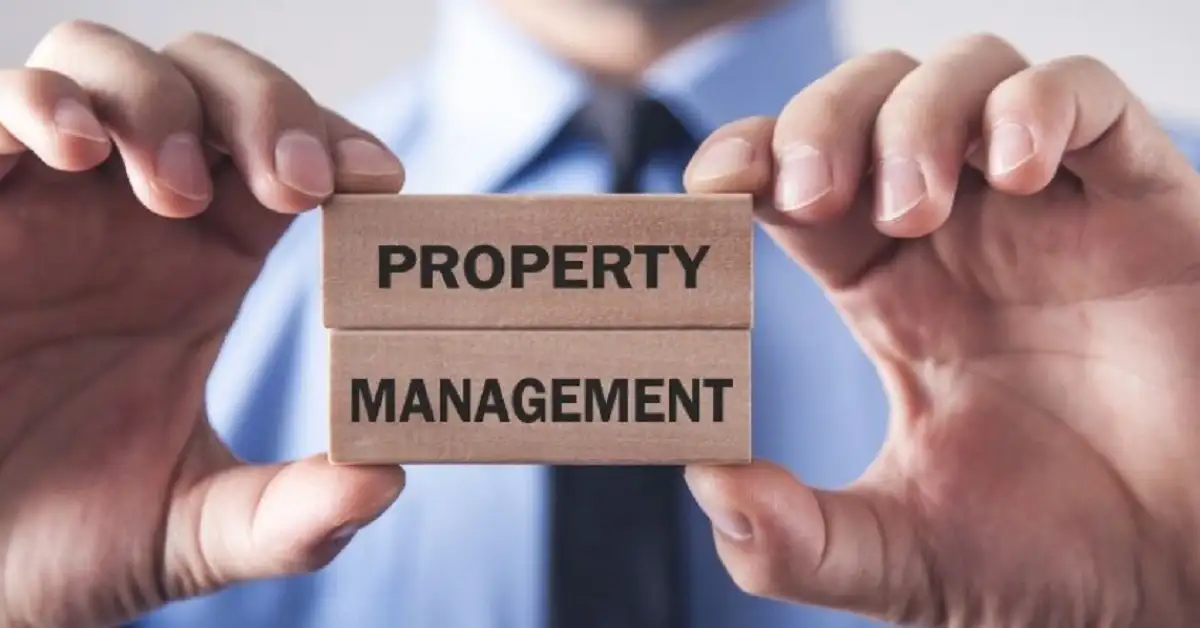When it comes to rental properties, ensuring a safe and comfortable living environment for tenants is of paramount importance. Rental property management plays a crucial role in achieving this goal by overseeing the day-to-day operations of a property. From maintenance to tenant relations, property management ensures that the property remains in good condition while providing a high-quality living experience. In this article, we will explore the significance of effective rental property management and how it contributes to tenant satisfaction, safety, and overall property value.
The Role of Rental Property Management in Ensuring Tenant Safety
One of the primary responsibilities of rental property management is maintaining tenant safety. This goes beyond just ensuring the physical structure of the building is intact; it involves regular checks and adherence to local building codes, fire safety standards, and overall property security. For instance, property managers are responsible for inspecting fire alarms, smoke detectors, and ensuring that emergency exits are clearly marked and functional. These proactive measures help prevent accidents and enhance the tenants’ sense of security.
Additionally, property management oversees the upkeep of exterior and interior lighting, walkways, and parking lots, which can be key factors in preventing accidents, such as slips and falls. By maintaining these safety features, rental property managers reduce the risk of injury and, in turn, minimize liability for property owners.
Enhancing Comfort Through Timely Maintenance and Repairs
Comfort is another key aspect of rental property management. Tenants expect a living space that is both comfortable and functional, which means that proper maintenance and repairs must be performed in a timely manner. Regular inspections by property managers can help identify small issues before they turn into costly problems. Whether it’s plumbing, electrical systems, or heating and cooling units, prompt attention to repair needs ensures that tenants are not inconvenienced by issues like poor water pressure, faulty heating, or power outages.
In addition to handling repairs, property managers are responsible for landscaping and other aesthetic elements of the property that contribute to a pleasant living environment. This includes maintaining green spaces, ensuring the cleanliness of common areas, and addressing any pest control concerns. By attending to these details, rental property management creates a more inviting and comfortable atmosphere for tenants.
Preventing Legal Issues and Protecting Property Rights
Proper rental property management helps protect both landlords and tenants by ensuring compliance with local laws and regulations. From fair housing laws to tenant rights, property managers are well-versed in the legalities surrounding rental properties and are responsible for ensuring the property complies with all relevant rules. For example, a property manager ensures that leases are correctly executed, security deposits are handled legally, and eviction processes follow the required legal procedures.
Property managers also stay up-to-date on changing laws, such as rent control measures or safety regulations, to ensure that both landlords and tenants are protected. By following these guidelines, rental property management helps reduce the risk of legal disputes, thereby maintaining a positive relationship between the landlord and tenants.
Increasing Property Value and Long-Term Viability
Effective rental property management can also contribute to the long-term value and viability of a property. Routine maintenance, regular upgrades, and attention to tenant needs help to preserve the property’s value over time. This is especially important for owners who may be looking to sell or refinance the property in the future.
Additionally, property managers can advise property owners on necessary improvements or renovations that could attract higher-quality tenants or justify higher rental rates. Whether it’s modernizing outdated fixtures, adding energy-efficient appliances, or upgrading security systems, strategic enhancements to the property can increase its marketability and overall value.
Managing Tenant Relations and Enhancing Retention
Good tenant relations are essential for long-term success in rental property management. Property managers act as a liaison between the landlord and tenants, addressing concerns, answering questions, and resolving conflicts. By fostering clear communication and addressing issues promptly, property managers build trust with tenants, which can lead to higher tenant retention rates.
A satisfied tenant is more likely to renew their lease, reducing turnover rates and minimizing the costs associated with finding new tenants. Retaining tenants also contributes to the stability and consistent income of the property, which is a key objective for property owners.
Conclusion
In conclusion, rental property management is a vital component in maintaining safe, comfortable, and well-functioning living spaces for tenants. From ensuring safety and comfort through timely maintenance to protecting legal rights and increasing property value, the role of property management is indispensable. By overseeing the day-to-day operations and addressing both tenant and property needs, property managers create environments that tenants are proud to call home, while also helping landlords maintain their investment for the long term. Whether you are a landlord or a tenant, the importance of rental property management cannot be overstated.
